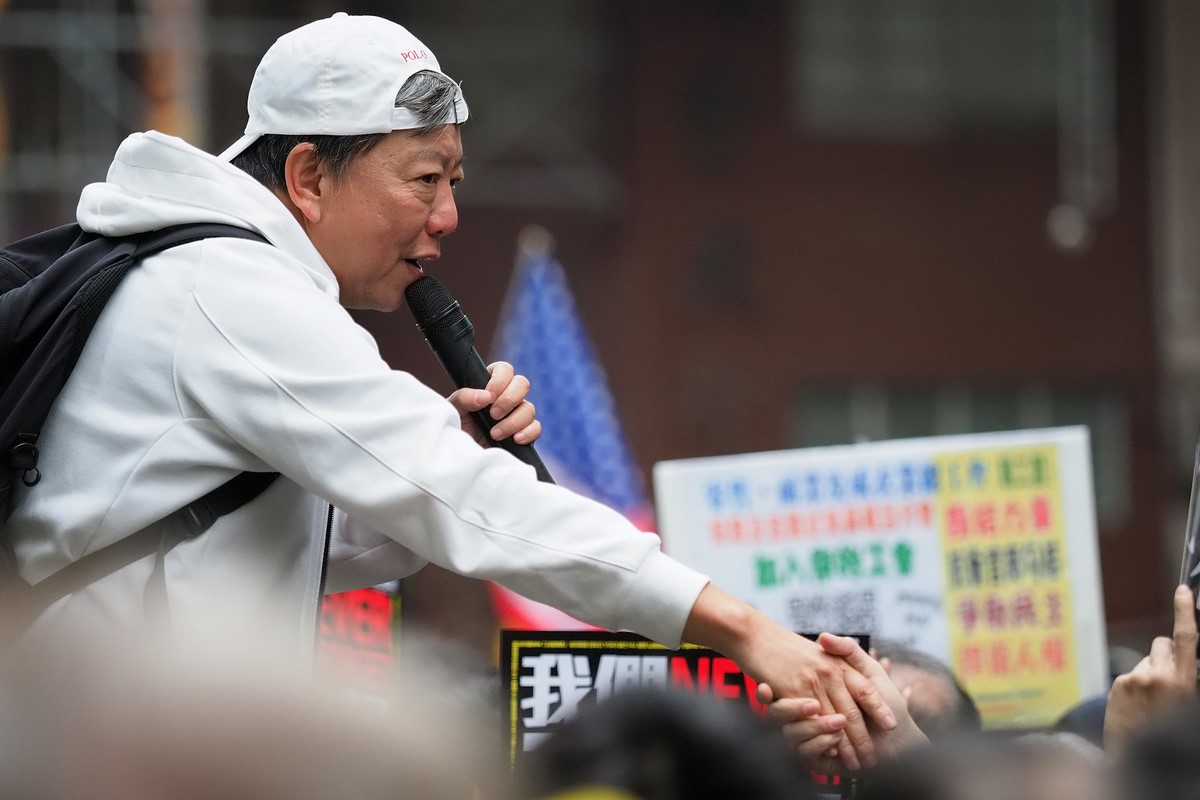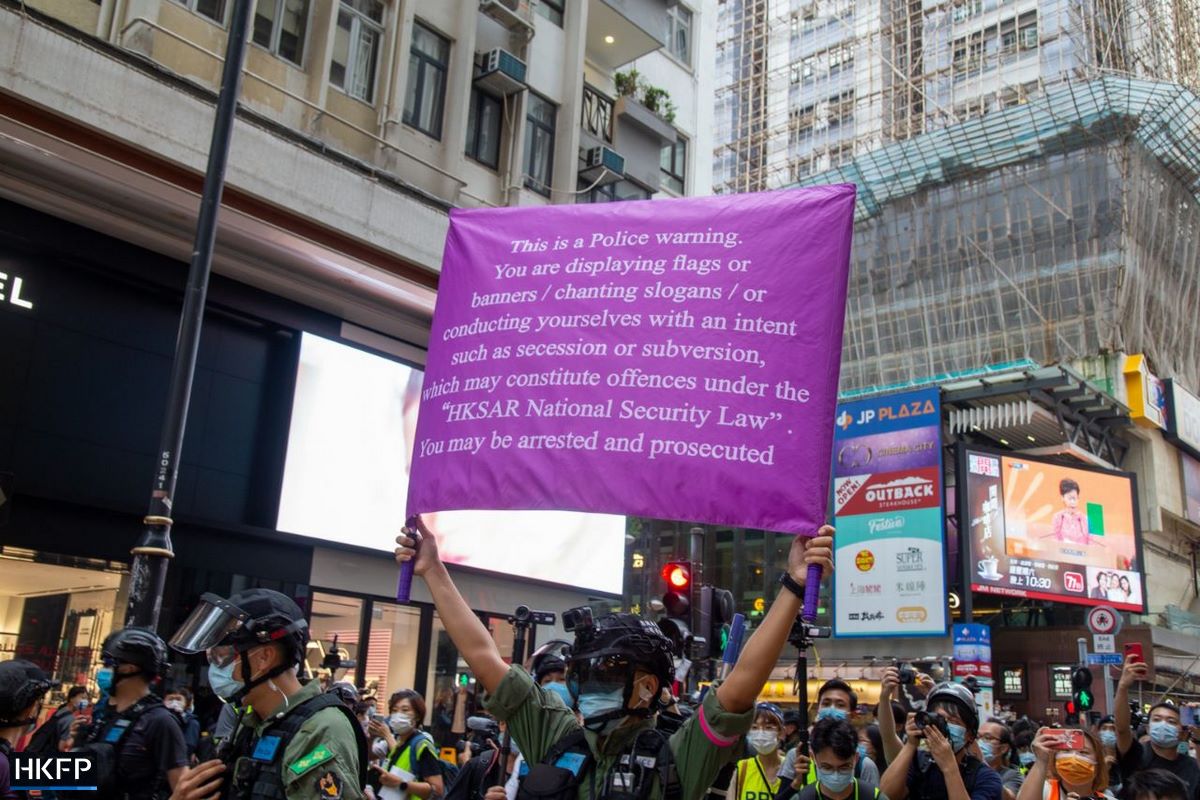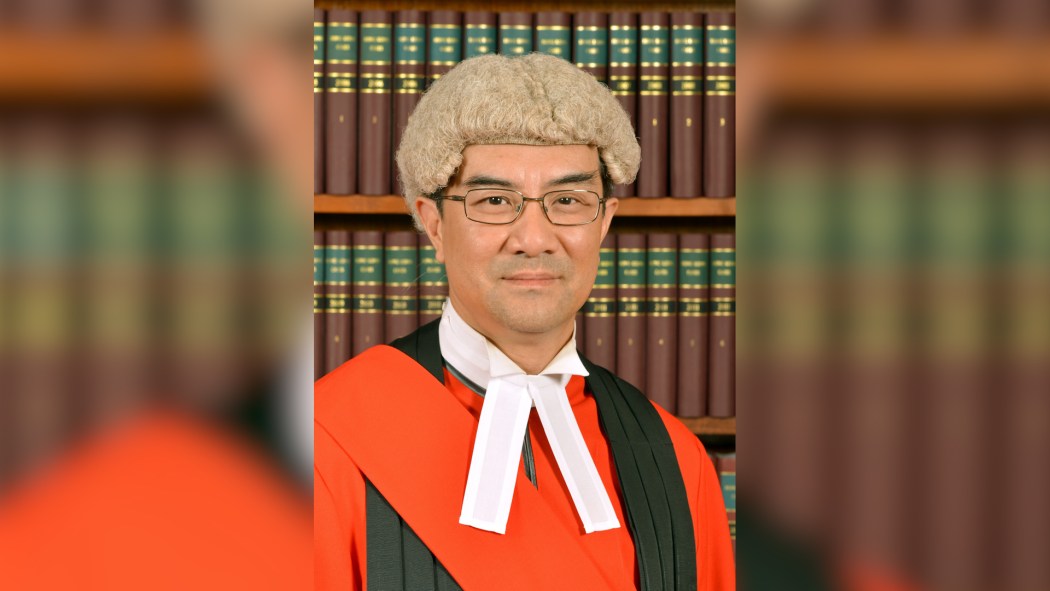A Hong Kong court has refused to grant bail to veteran pro-democracy activist Lee Cheuk-yan pending his trial under the Beijing-imposed national security law.
It came after a judge ruled there was insufficient grounds for believing that the former leader of the defunct Tiananmen crackdown vigil group would not continue to commit acts endangering national security if bail was granted, despite Lee’s offer of a total of HK$900,000 cash bail and surety.

High Court judge Andrew Chan on Monday rejected Lee’s application for bail in an incitement to subversion case involving the Hong Kong Alliance in Support of Patriotic Democratic Movements of China (the Alliance) and its ex-leaders Albert Ho and Chow Hang-tung.
The Alliance, founded in 1989, organised Hong Kong’s annual vigils commemorating victims of the Tiananmen crackdown, where it is estimated that hundreds, if not thousands, died when the People’s Liberation Army was deployed to crack down on protesters in Beijing, ending months of student-led demonstrations.

The case against the trio, as well as the group which disbanded in September last year, was transferred to the High Court in September. The maximum penalty for the offence is imprisonment of 10 years.
‘Man of his words’
Representing Lee, Senior Counsel Derek Chan told the court that Lee was a “man of his word” and would be willing to keep his political beliefs “to himself at least until the trial is complete.”
The lawyer pointed to reference letters from public figures of different political leanings, saying it was significant that people who were Lee’s “political opposites” had vouched for his credibility.
Ex-secretary for transport and housing Cheung Bing-leung, who had worked alongside Lee in the legislature, described the activist as someone who was willing to make a “strategic compromise,” according to a letter read out by Derek Chan.
“Clearly, [Lee] has his firm ideological convictions… [but he] knows where the red lines lie… he does not seem to be the type that would deliberately engage in acts endangering national security,” Cheung’s letter read.

Senior Counsel Audrey Eu and ex-lawmaker Abraham Shek also penned a letter for Lee, Derek Chan said, with the latter depicting the activist as someone who “walked the talk” and “kept promises.”
The activist was willing to be subject to a list of strict bail conditions, his lawyer said, including paying a cash bail of HK$900,000.
When discussing Lee’s criminal convictions, his representative argued that the protest-related offences did not concern “dishonesty” and therefore did not “impute the integrity” of the activist.
But judge Chan said that some offences were committed while Lee was on court bail. In response, his lawyer said would not happen again if Lee were to be subject to stringent bail conditions.
Public statements
Lee’s bail application was opposed by the Department of Justice (DoJ), led by Vincent Lee Ting-wai. The prosecutor made reference to public speeches Lee made in the wake of the enactment of the national security law on June 30, 2020, saying the ex-Tiananmen vigil leader had continued to make statements endangering national security.

The DoJ then pointed to the applicant’s criminal record, saying he was found guilty of organising and inciting others to join unauthorised assemblies. He would continue such acts if bail was granted, the prosecutor said.
The accused democrat also showed a risk of absconding, Vincent Lee said, with his immediate family now based abroad. It was revealed in court that Lee’s wife left Hong Kong last year and is currently based in the UK.
‘Strong’ case
Lee’s bail was eventually denied by judge Chan, who said he was not persuaded that the threshold for granting bail in a national security case had been met by Lee.
The case concerned a “very serious offence” and the alleged evidence “appeared to be strong,” he said, while the accused had “long and substantial” links to the defunct group by holding prominent positions before its disbandment.

Previous statements made by Lee were consistent with his political stance and the fact that some of his past offences were committed while he was on bail showed that Lee’s undertaking could not be “taken at face value,” the judge ruled.
Lee was ordered to remain in custody pending a trial date for the subversion case.
News reports on bail hearings are restricted under section 9P of the Criminal Procedure Ordinance, which bars the press from revealing details about the case. But judge Chan lifted the reporting rules on Monday.
Andrew Chan on Monday also confirmed that Secretary for Justice Paul Lam issued a certificate on December 1 and demanded the case against the Alliance and its ex-leaders to be tried by a three-judge panel, rather than a jury.
The move to depart from the common law tradition was due to an “involvement of foreign factors” in the case, according a post on defendant Chow’s Facebook page.
The justice minister also cited concerns for the safety of jurors and their family members, adding the due administration of justice might be impaired a jury trial.
Support HKFP | Policies & Ethics | Error/typo? | Contact Us | Newsletter | Transparency & Annual Report | Apps
Help safeguard press freedom & keep HKFP free for all readers by supporting our team
























